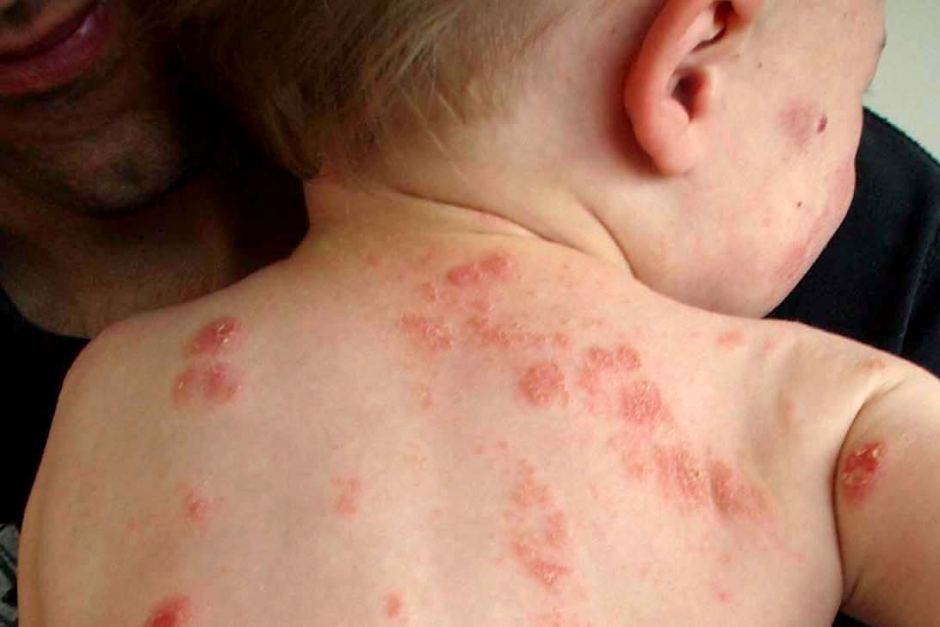Neurospine Hospital & Revive Critical Care
Menu
Infections
Home / Infections
What is Infections
Infectious diseases are illnesses caused by harmful agents (pathogens) that get into your body. The most common causes are viruses, bacteria, fungi and parasites. Infectious diseases usually spread from person to person, through contaminated food or water and through bug bites.
The microorganism uses that person’s body to sustain itself, reproduce, and colonize. These infectious microscopic organisms are known as pathogens, and they can multiply quickly.
Infectious diseases are illnesses caused by harmful organisms (pathogens) that get into your body from the outside.

What are the Types of Infectious Diseases?
- Viral infections. Viruses are a piece of information (DNA or RNA) inside of a protective shell (capsid). Viruses are much smaller than your cells and have no way to reproduce on their own. They get inside your cells and use your cells’ machinery to make copies of themselves.
- Bacterial infections. Bacteria are single-celled organisms with their instructions written on a small piece of DNA.
- Fungal infections. Like bacteria, there are many different fungi. They live on and in your body.
- Parasitic infections. Parasites use the bodies of other organisms to live and reproduce.
Symptoms
Each infectious disease has its own specific signs and symptoms. General signs and symptoms common to a number of infectious diseases include:
- Fever
- Diarrhea
- Fatigue
- Vommating
- Muscle aches
- Coughing
- Rashes
What causes infectious diseases?
Infectious diseases are caused by a variety of agents that invade your body from the outside. These include:
- Viruses.
- Bacteria.
- Fungi.
- Parasites.
- Prions.
How are infectious diseases treated?
Treatment depends on what causes the infection. Sometimes your healthcare provider will recommend monitoring your symptoms rather than taking medication.
- Bacterial infections can be treated with antibiotics. The right antibiotic depends on what bacteria causes the infection.
- You can manage most viral infections with over-the-counter medications for your symptoms until you feel better. Certain viral infections have special medications to treat them, like antiretroviral therapy for HIV.

